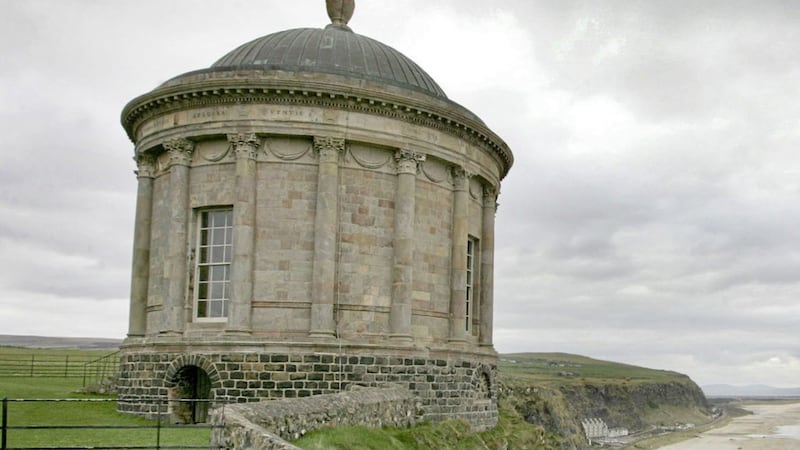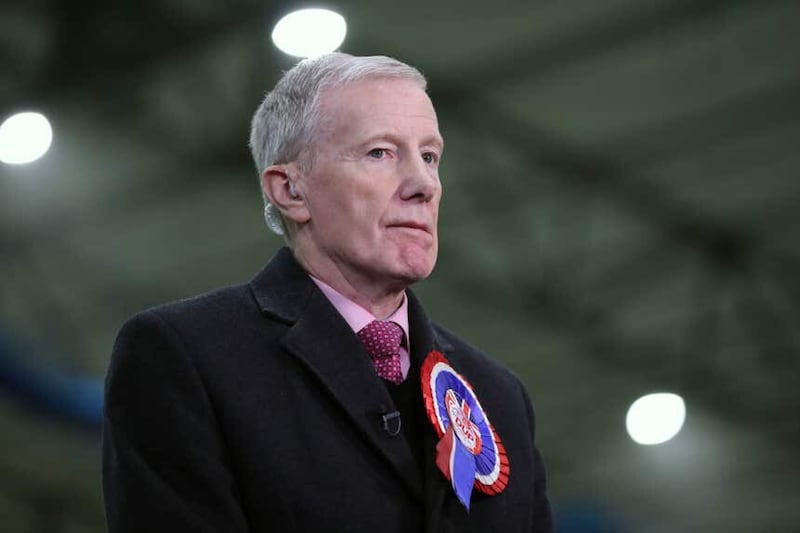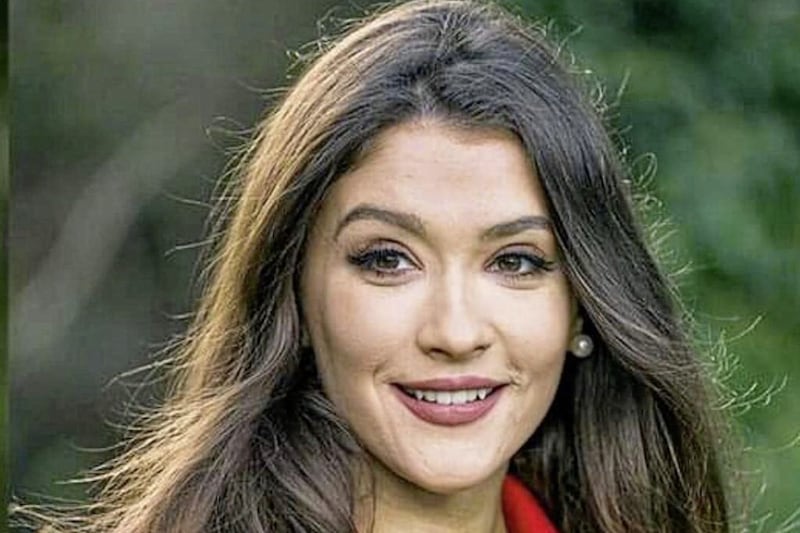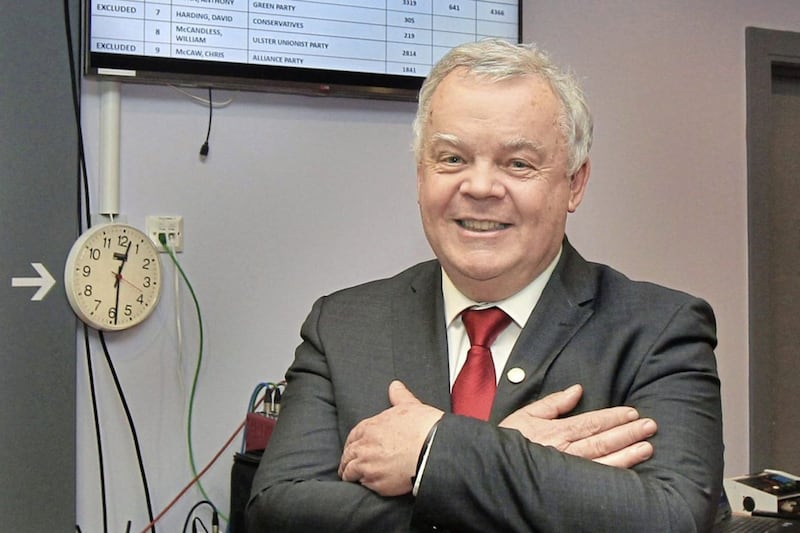BARRING a total DUP collapse, Gregory Campbell should comfortably hold his seat in East Derry next month.
Almost half of the electorate voted for the veteran MP in 2017.
Even the combined vote of Sinn Féin’s Dermot Nicholl, who came second with almost 27 per cent of the vote, along with the SDLP and Alliance wouldn’t have been enough to unseat Mr Campbell.
Formed in 1983, the constituency takes in a small area of Derry City and Strabane District Council along with the western end of the Causeway Coast and Glens council.
While it largely rural, it does have a number of significant urban areas including Limavady and Coleraine.
East Derry was represented until 2001 by veteran Ulster Unionist William Ross, when he was defeated by Mr Campbell.
The DUP’s dominance of the constituency is also reflected since then in assembly elections with the party holding two seats.
Sinn Féin and the SDLP have one each, while independent Claire Sugden has picked up some of the erstwhile Ulster Unionist vote.
Removed from direct contact with the border, canvassers from several parties report that while Brexit is a factor on the doorsteps, other issues are also being raised such as mental health and education services.
Nationalist party workers report anger at the DUP’s performance in supporting the Conservative Party in Westminster.
One SDLP worker said: “While East Derry has the name of being an affluent area, it has its fair share of social deprived areas as well and there is an anger at the way the DUP propped up the Tories as they implemented serious cuts.”
For all that, the campaign in East Derry has been rather flat compared to more closely contested constituencies such as Foyle or North Belfast.
Of interest to nationalist and republican voters will be performances of two newcomers.
For the SDLP, Cara Hunter replaces Coleraine councillor Stephanie Quigley on the ticket.
A relatively inexperienced politician, the journalism graduate is currently deputy mayor of Derry City and Strabane District Council.
Aontú meanwhile is fielding Co Armagh native Seán McNicholl. Now living in East Derry, he works as a doctor in Altnagelvin Hospital.
The third nationalist contender is Mr Nicholl, a veteran Sinn Féin member of Causeway Coast and Glens Borough council.
He returned a respectable vote in 2017, given the strong unionist base in East Derry.
With the DUP is virtually certain to hold the seat, interest will focus on the impact of the party’s support for Brexit on his majority.
For nationalist observers, the impact, if any, of Aontú on the SDLP and Sinn Féin is likely be the greatest talking point.
::::::::::::::
CANDIDATES
Gregory Campbell (DUP)
Richard Holmes (UUP)
Cara Hunter (SDLP)
Chris McCaw (ALL)
Sean McNicholl (Aontú)
Dermot Nicholl (SF)
2017 SHARE OF VOTE
DUP – 48.1%
SF – 26.5%
SDLP – 10.8%
UUP – 7.6%
ALL – 6.2%
CON – 0.8%
Electorate: 67,038
Majority: 8,842








